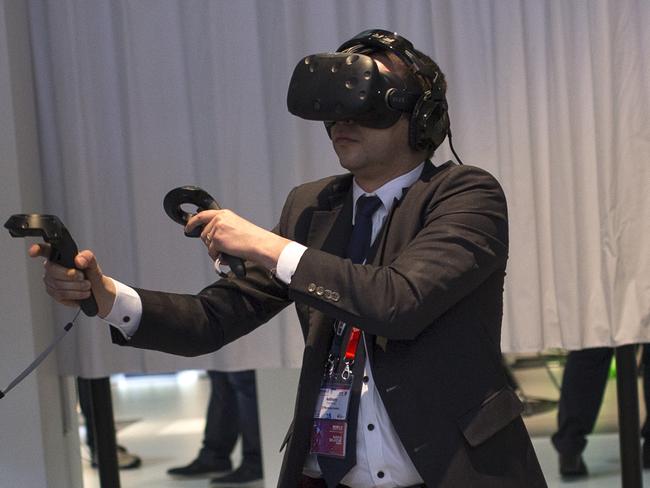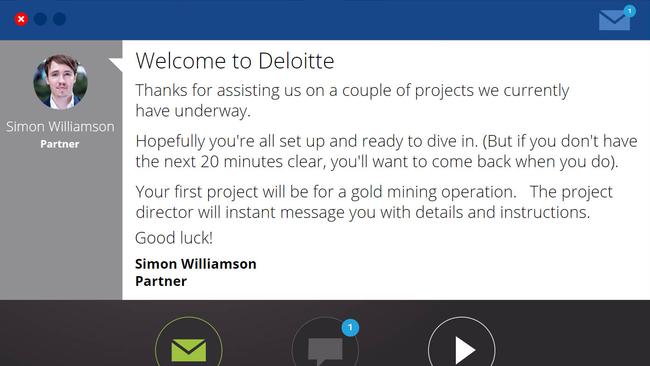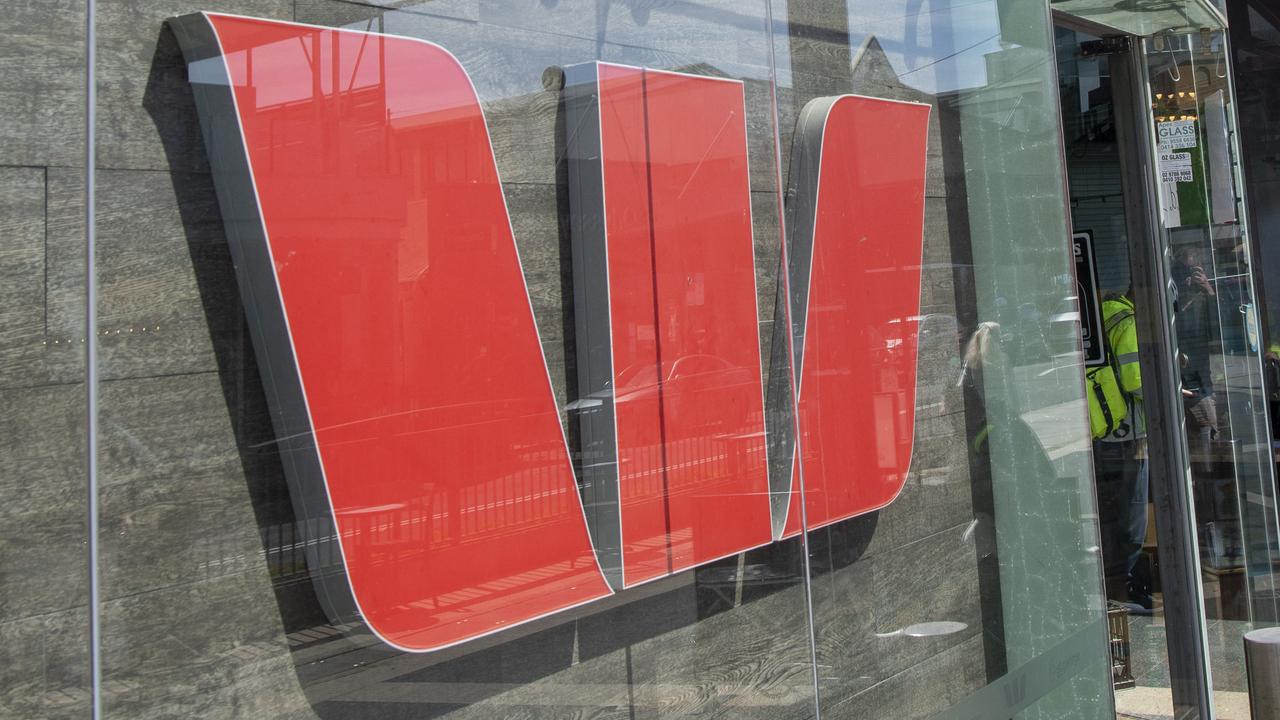Your next job interview may not involve a human being
FORGET the CV and standard “where do you see yourself in five years?” interview. Businesses are turning going for a job into a game.
Careers
Don't miss out on the headlines from Careers. Followed categories will be added to My News.
FOR university graduates there is nothing more serious than landing that first job, but major employers are turning entry-level recruitment into a game.
The “gamification” of graduate employment assessment is just one of the innovations firms are taking on as they adjust to the changing graduate recruitment landscape by pulling out all stops to attract the best university leavers.
In using technology to attract the highest quality candidates and better assess prospective workers for “cultural fit”, professional services firm Deloitte has become the first business in Australia to implement a “fully customised gamified graduate recruitment assessment”.
That’s basically management speak for ditching old-fashioned psychometric tests for video games in the job interview process. In the game, candidates are put through a series of challenges related to real-life work scenarios they might encounter at the company as they interact with other characters in the game, or co-workers, who they work with on fantasy on-the-job scenarios.
It’s the latest weapon in the war between major employers to get the best workers while university leavers suffer the lowest graduate employment rate in almost a quarter of a century.

Deloitte’s national talent acquisition director Tanyth Lloyd says introducing a bit of play into the job application process offers candidates an insight into the way the firm works, and lets assessors test their problem-solving skills.
“We also want to make it fun,” she tells news.com.au.
“We feel like this is an environment where you absolutely work hard and have a lot of fun while you’re here. We put a lot of effort into our employer branding to give perspective into what it’s like to work at Deloitte, and having a standardised off-the-shelf psych test didn’t really reflect that.
“We have had feedback that the experience throughout brand and social interaction did not always carry through to the actual application process. They have a great experience at the front end, then enter into an application system which is really standardised and boring, so we wanted to address that consistently.”
The 20-minute online game is also a test and the first knockout round in the selection process of the international mega-firm’s application process. It follows the same principals as traditional psychometric testing commonly used by large consulting and professional firms and allows employers to assess candidates’ performances.
But it’s flashy for a reason.
As Ms Lloyd admits, the recruitment game is “highly competitive”, and she means between employers, not students. That’s part of the reason new innovations like gamified application processes are introduced, and there’s big bucks spent on them.
“A lot of graduates are applying for positions with multiple employers,” she says.
“It’s highly competitive, and we feel this is not innovating for the sake of innovating, but we do feel that it’s reflective of our environment. Having a boring, lengthy process that has no real connectivity to what they’ll be doing at the firm is not ideal. We absolutely wanted to address that.”
***

University of Wollongong director of graduate career development and employability Martin Smith says developments in the way industries and graduate recruiters interact in recent years has turned the power balance between job applicant and employer on its head.
“There’s been a move towards experiential learning tools that are designed to be a bit more attractive to students and graduates. Moving one step further, making these simulations gamified, it’s a clever way to do it,” he says.
“Employers do need to be creative about what they offer. There are now things like boot camps, come into Google, we’ll put you through a boot camp, a thee day intensive exercise, it’s trying to signal their different approaches that can potentially help to cut through the static in students’ busy lives.
“If they’re not learning, they’re earning, they’re trying to pay for those degrees, so trying to get effective messages through to students is a big challenge.”
***
While businesses are working hard to attract candidates, it’s quality rather than quantity that they’re aiming for.
Employers across numerous industries and industry groups have become increasingly vocal about a lack of job readiness among university graduates, making the search for the right candidate even more competitive.
Employers are increasingly using internships, cadetships, and vacation work as part of their recruitment processes.
“It’s try before you buy. If you look at the graduate intakes for bigger recruiters in some organisations it’s as high as 70 per cent would have been through their vacation programs,” Mr Smith says.
“But it’s try before you buy on behalf of both parties. If there are more realistic challenges in the recruitment process you’ve got more evidence of the kinds of attributes you want. Introducing everyday scenarios into the assessment process, employers can observe those kinds of things happening, the same as they can observe them offering an internship. It’s a bit of a shortcut.”
While the firm says it generally attracts high quality candidates Ms Lloyd says there are still gaps in terms of job readiness at Deloitte.
“That’s a really hard thing to address. We’re working with universities to address that, and through job placement is our vacation program is the best way to do that, we’ve found,” she says.
Along with the graduate recruitment process, she says grad retention is a major focus among the firm’s executives, and gamification may be considered in that and other areas of the business as well.
Mr Smith says no matter the process, the end game for graduate recruitment remains the same.
“The goal in all of this, and this is the goal for graduate recruitment, is to get the right graduate in the right role in the right company for the right reasons. it’s good for the recruiter, but it means the graduates will be more productive. One of the ways to do that is to make sure solid career development thinking is embedded into the graduate recruitment process.”
Originally published as Your next job interview may not involve a human being



